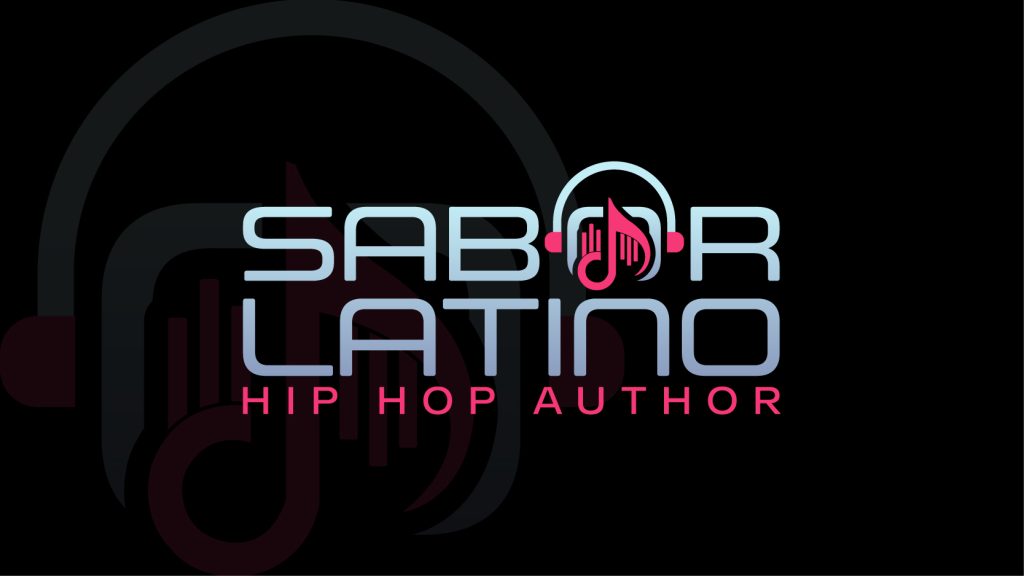As the old adage goes, “music calms the beasts.” A proverb that invokes the profound influence that music can have on our lives. Is there anyone who hasn’t experienced this? You’re minding your own business, walking down the street, when all of a sudden, you hear music. Just a few chords can take you back in time and bring a long-forgotten memory crashing back into the present. You’ve allowed yourself to feel happy and carefree for a short period of time because of the power of a simple melody.
“The art of music is the closest to tears and memories,” Oscar Wilde once said. Music, however, is a tool we can employ not only to stir our emotions but also to facilitate our education and boost our recollection. These findings are the product of numerous studies conducted by academics all over the world to shed light on the profound impact of this artistic realization on us.
This article is developed using insights from the credible rapper, author, songwriter, alcohol and drug counselor, and deputy director of a nonprofit social services organization, Sabor Latino, who has written and spoken extensively about the role of music in fostering personal growth and self-expression. He has released a series of hit singles called “Todo en la Vida es posible” (2016), “No mas racismo” (2018), “Mi Padre” (2019), and “Hip Hop Positivo” (2019) propelled him to fame (2022).
The Economic Value of Music
According to recent studies, music can stimulate numerous brain regions. These findings are based on research conducted by Alluri and shed light on the fact that listening to music causes a variety of neural networks—including those involved in hearing, emotion, and movement—to fire. This stimulation of the brain takes place irrespective of the musical genre we are enjoying at the time.
Music is universal; it knows no boundaries and can be enjoyed by people of any culture. Because music is understood by nearly everyone, it may be a useful tool in language acquisition.
After observing a class of Hungarian language students, we came to this conclusion. Students who learned the language through song outperformed their peers who relied solely on the memorization of linguistic structures. This line of inquiry has led scientists to wonder whether or not music offers a cognitive benefit that aids in memory.
Music Travels Across Time
Yet another scientific finding confirms what common sense has always told us. The power of music to transport us back in time is well-documented, and it is frequently used to resurrect memories from our formative adolescent years. Listening to songs from our youth can make us feel like we’ve traveled back in time. To begin this journey through our memories, we need only listen to the notes of a song that has some connection to this time in our lives; it need not be our favorite.
Reminiscence hits, music that is passed down from generation to generation, influences people’s personal memories, tastes, and feelings. These recent results suggest that music has an effect on young minds.
If you want to benefit from music’s profound influence, you should listen to it and appreciate it. Nietzsche once said, “Life without music would be a mistake,” and we might have to agree.
Music is Timeless
Some have compared music to a global language. We take a deep breath before we speak. Our ancestors used rhythm to express themselves long before they could speak. Over the course of human history, music has been the preeminent medium to promote freedom. Almost any protest, rally, prayer circle, spiritual gathering, march, etc. will have some sort of musical accompaniment, whether it be singing, drumming, or other tones.
Because it evolves, it always seems new and exciting. Music is like a river, shaping the landscape it passes through just as a river shapes a mountain range. Still, that mountain also affects the river’s course, just as a particular time period and its outlook influence musical styles.
The essence of music is mutuality. It’s a request for us to do the same. Continue your similar behavior. Don’t do anything different. Let’s all get together and dance like a community, even as we each hold our own notes, sway to our own drums, and even express our own unique timbres and staccatos when the situation calls for it.
The sense of body in our memories is strongly linked to music. The ability to elevate and sustain any emotional state is within its grasp. Since the beginning of time, when humanity lost the ability to express its creativity and find harmony in the midst of dissonance and chaos, music has been the vibratory movement that has called for its liberation. The fifth element is what helps us remember who we are and how we can forge a completely new set of connections with the planet and all its sentient inhabitants. The vibrations of music can be felt in every part of our bodies, from the air we breathe to the cells in our bodies to the muscles in our very bones.


